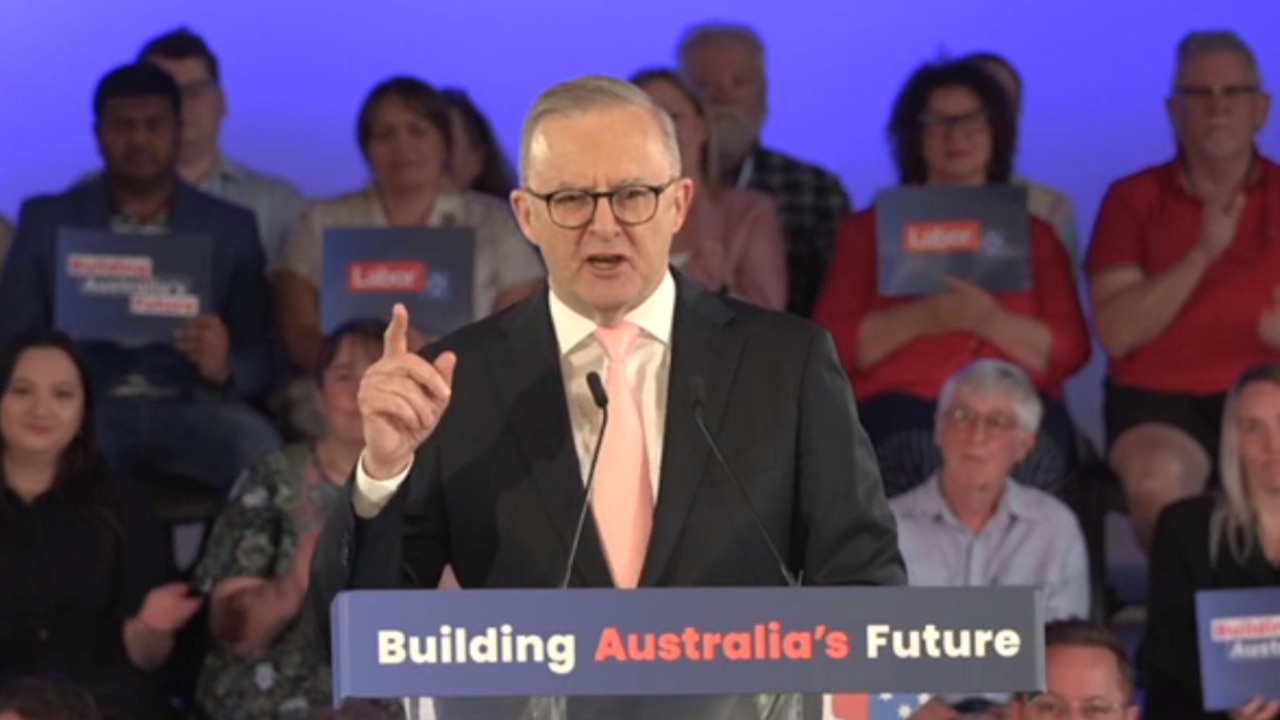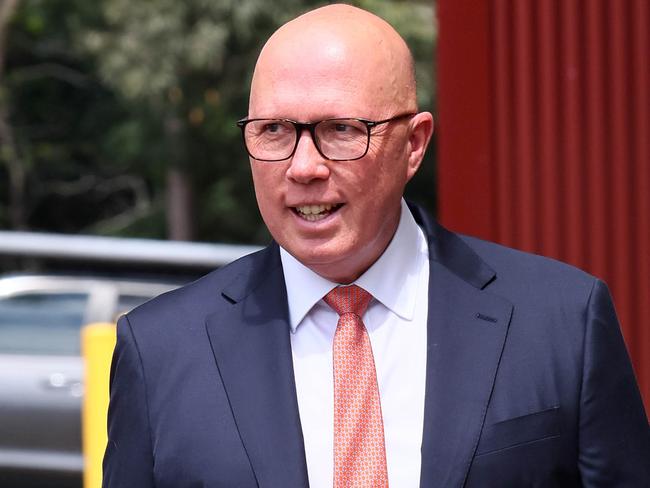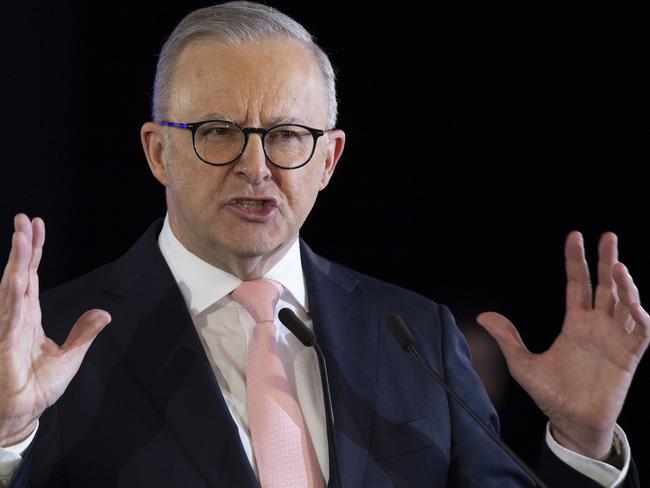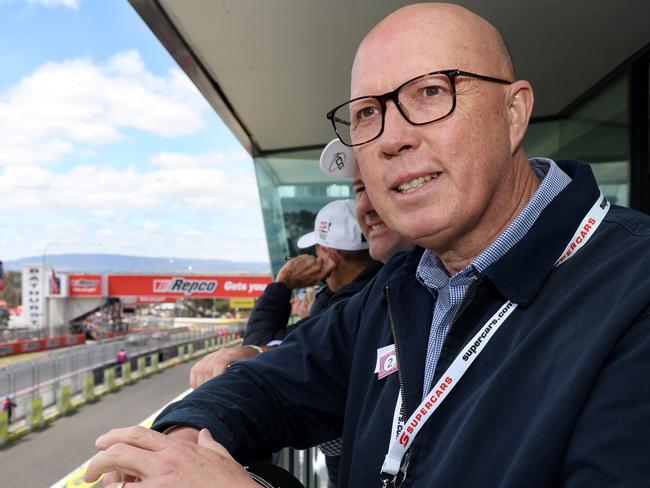JL Partners poll reveals the Coalition’s primary vote is up three points since May, to 39 per cent
Anthony Albanese is seen by voters as “incompetent” and despite a lift in the Coalition’s primary vote Peter Dutton is regarded as “untrustworthy”, a new poll shows.

News
Don't miss out on the headlines from News. Followed categories will be added to My News.
Prime Minister Anthony Albanese is increasingly regarded as “weak”, “incompetent” and “useless”, a new poll says.
And despite a lift in the Coalition’s primary vote, more people describe its leader Peter Dutton as “untrustworthy” and “bad” than those polled five months ago.
The JL Partners poll of more than 2000 people on October 20-25 reveals the Coalition’s primary vote is up three points since May, to 39 per cent.
That is well above the 35.7 per cent Scott Morrison got in 2022 and closing on the 41.5 he won with in 2019.

In contrast, though Labor’s primary vote is up one point since May at 32 per cent, it is still 0.58 per cent below the last election, which was the lowest winning primary vote the ALP has ever returned.
Results of the British pollster’s tests of voter descriptions of Mr Albanese and Mr Dutton in May and October showed a deterioration in the standing of both leaders.
In May, the most common words used to describe the PM were “leader”, followed by “weak” and “liar”.
The same poll found the most common word to describe the Opposition Leader was “strong”, closely followed by “arrogant”, then “leader” and “boring”.

But in the latest survey, “weak” was the most common word voters had for Mr Albanese, ahead of “leader”, then “incompetent” and “useless”.
Voters’ opinions of Mr Dutton also went backwards.
While “strong” was still the most common word for him, followed by “arrogant” and “leader”, the next most popular descriptions were “untrustworthy” and “bad”.
The survey was jointly conducted by GXO Strategies, whose principal Cameron Milner has become a trenchant critic of the PM’s performance in recent months.
The poll did not calculate a two-party preferred vote, but when people who had said they were undecided or voting for someone else were pressed, 52 per cent leant to the Coalition while 46 favoured Labor.
The improvement in the Coalition’s primary vote since May was almost entirely driven by women switching their support to Mr Dutton, a change believed to be driven by Labor’s failure to combat the high cost of living, the most important issue for voters.
Asked to rank their three areas of greatest concern, 46 per cent of people ranked it No.1, while 75 per cent put it in their top three. When voters were asked to describe the government’s record on the cost of living, the three most common words were “bad”, “poor” and “terrible”.
Women were far more likely to mark the government down on this, with only 24 per cent saying it was handling the cost-of-living issue well, compared to 31 per cent of men.
In May, the Coalition’s primary vote among women was 32 per cent, against 30 per cent for Labor.
But in the October poll, female support for the Coalition jumped to 38 per cent, with 31 per cent choosing Labor.

Women are deserting the Greens, with their primary vote among females falling from 22 to 18 per cent.
There was virtually no change from May in the voting intentions of men.
Mr Milner said the surging Coalition primary vote should sound “alarm bells” for Labor.
Cost of living was the only issue of importance for voters, followed by daylight, he said.
“Labor’s problem is their message on this keeps getting crowded out by Albo’s antics, which is why two in three voters see Labor as doing a bad and terrible job on cost of living,” he said.
The Greens’ extremism was also costing the party votes, especially among women and the young, he said.
“Albo’s word cloud has changed since May; he’s still seen as weak and useless, but he’s replaced liar with incompetent,” Mr Milner said.
Tom Lubbock, of JL Partners, said: “The Greens have seen their vote down, driven most by a loss of vote among women and under-24s who in turn rate cost of living as their highest concern.”
Originally published as JL Partners poll reveals the Coalition’s primary vote is up three points since May, to 39 per cent
Read related topics:Anthony Albanese




